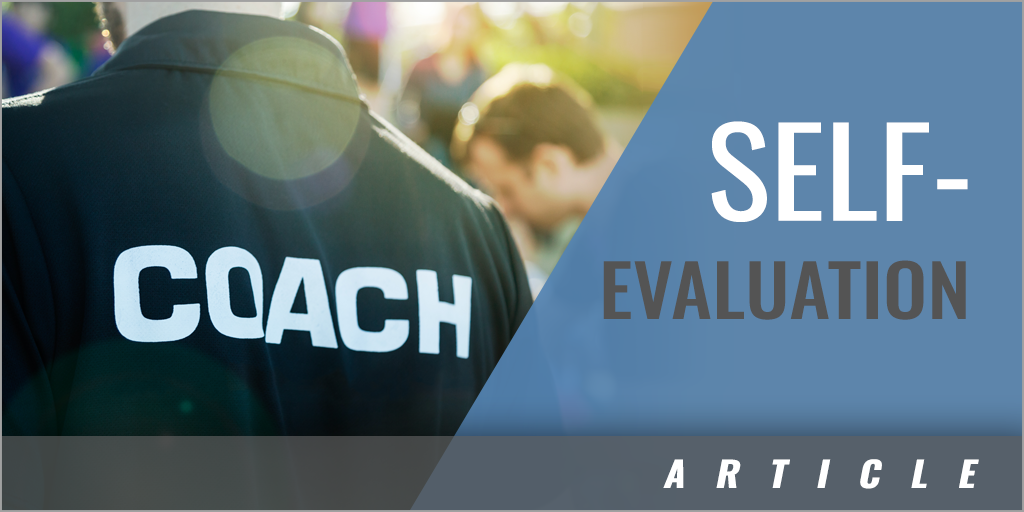|
By: William Taylor and Mike Sheridan Originally Published in: Sport Coaches Handbook Provided by: Human Kinetics We know that expert coaches continually reflect on their own coaching. Therefore, it makes sense that coaches exploring the job market or professional advancement opportunities should first strive to understand themselves - that is, their personal philosophy and values, strengths and weaknesses, motivation to coach, and career goals. This awareness, which is central to career development, comes only through deliberate self-evaluation. One way for coaches to perform a systematic self-evaluation is through journaling. In one example, an elite Olympic swimming coach with 20 years of experience used journaling to perform a self-evaluation after losing her job when the two-time world-record holder she took to the Olympics failed to make the finals. As part of her self-examination, she asked herself challenging questions, such as the following: "Do I have the energy to continue? Am I motivated enough to commit this much time for another four years? Am I able to give a level of commitment on par with what my competitors are doing? Am I good enough? What did I do wrong? Could I have done anything differently." Such questions are essential to effective self-reflection, yet some coaches are uncomfortable with journaling. In that case, a different approach may work - for instance, assessing strengths and areas of need by means of a coaching evaluation checklist. Many such checklists have been published, ranging from the rather basic inventory developed by the Coaches Association of British Columbia to the more thorough instrument created by Team USA Volleyball. An even more detailed evaluation might entail using a tool similar to that of Team USA Volleyball in combination with assessments from athletes, administrators, peers, and perhaps even a mentor. Whatever evaluation method is chosen, coaches can use the results to inform decisions about their coaching career path. The key is to answer the following question: What is a good fit for me? In the words of coach educator Wade Gilbert, "You will know when you have found your coaching purpose when your purpose is inseparable from who you are as a person." |






